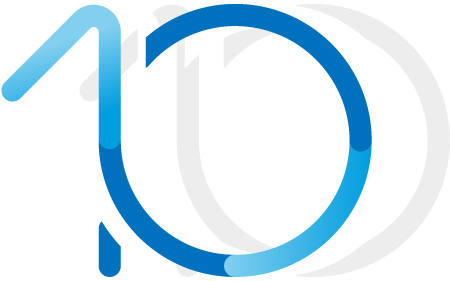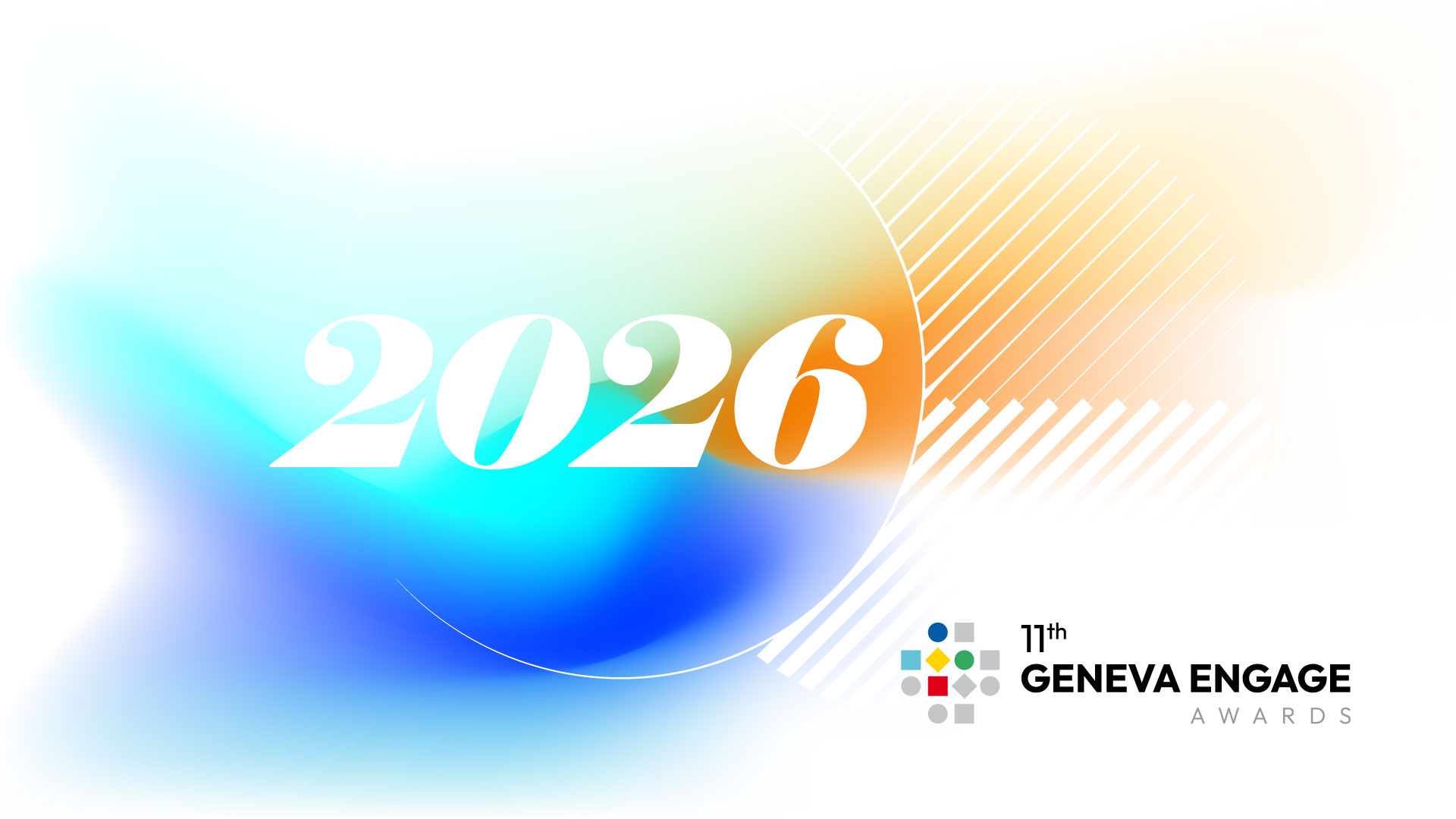WHERE TECHNOLOGY MEETS HUMANITY
The Geneva Internet Platform (GIP) supports the activities of Internet governance (IG) and digital policy actors (in Geneva and beyond), and provides a neutral and inclusive space for digital policy debates.
Geneva Internet Platform 10th Anniversary
The GIP was initiated in 2014 by the Swiss Federal Department of Foreign Affairs (FDFA) and the Swiss Federal Office of Communications (OFCOM) for strengthening Geneva’s role as a digital hub. It is operated by DiploFoundation which provides expert, technical, organisational, and administrative support.

GIP Digital Watch observatory
The Geneva Internet Platform Digital Watch observatory is a comprehensive internet governance and digital policy observatory.
The platform provides the latest updates, developments, overviews, events, resources, and actors on 40+ internet governance and digital policy issues and processes.

[cspm_main_map id=”5350″]
Geneva Engage Awards
The Geneva Engage initiative, launched by the Geneva Internet Platform (GIP, under DiploFoundation) with the support of the Republic and Canton of Geneva in 2016, assesses the interplay between International Geneva and stakeholders all over the world. The initiative includes research on how International Geneva actors communicate and create linkages with communities worldwide that are affected by the policy discussions in Geneva that span across various domains, such as development, human rights, health, environment, digital topics, etc.

Digital Geneva Atlas
The Digital Geneva Atlas represents the most comprehensive mapping of digital policy actors and internet governance scene in Geneva. The Atlas provides in-depth coverage of the activities of over 40 actors, including analysing policy processes and cataloguing core instruments and featured events.


Digital Geneva Passport
The Geneva Digital Passport distills insights from the Digital Geneva Atlas, global policy expertise, and Diplo’s 20+ years of research, serving as a concise guide to navigate Geneva’s complex digital policymaking landscape.

